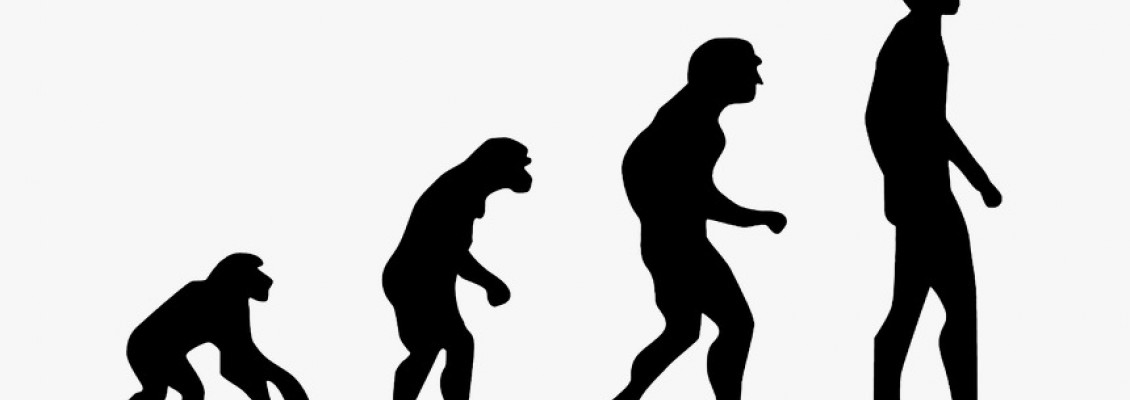
IS EVOLUTION THE EVIDENCE FOR ATHEISM?
As believers, it is quite common for us to ponder all the varieties of life in nature and express our amazement at how beautifully Allah brought all of these into existence—and in such a way that they coexist in such perfect harmony. However, the very same natural world is presented by atheists as apparent evidence that God Himself does not exist. This argument almost always comes with a reference to the theory of evolution modelled by Charles Darwin. Richard Dawkins, one of the most dedicated atheists of our time, refers to this trust in Darwin in his most popular work The Blind Watchmaker, with his claim that "Darwin made it possible to be an intellectual atheist". This is quite an assertive statement, and it’s a view shared by numerous atheists. Given the popularity of this narrative, one might be forgiven for wondering if the theory of evolution is the ultimate evidence for God’s non-existence. The answer can be given right here without any hesitation: No, it is not.
While our answer is No, what we are not going to do here is to undermine the theory’s scientific validity. On the contrary, we are going to emphasise the scientific nature of the theory, or make our point as assertive as Dawkins’. Let us put it this way: the scientific nature of the theory of evolution does not challenge belief in God’s existence.
Before presenting our argument, let’s have a look at the content of Darwinian evolution and how it is highlighted by atheists as justification for the idea that there is no God. Evolutionary biology suggests that all species trace back to a common ancestry that underwent random mutations. Characteristics acquired through these mutations were transmitted to future generations, leading to variations. However, only the characteristics that helped that living being to survive in its environment were able to endure. This whole process of survival is called natural selection, and claims to explain the existing variety in the species through evolution.
What atheists wish to propagate by trying to rely on this theory is that there could not be a God because living creatures were not created one by one, and all species of living beings are products of an evolutionary process that can be traced back to the simplest living organism. Again, they claim there could not be a God because the universe does not need an entity to keep it in order, and it has already been maintaining itself without the need of a God by means of genetic mutations and the survival processes of the species that have been taking place without any designated pattern.
If we carefully look at this reasoning, we can identify a clear incompatibility between the statement “God does not exist.” and the statements given as the rationale for that. Whether there is a God or not is a question that requires an answer that should refer to a rationale based on absolute truth. The rationale presented by the atheist argument mentioned here, which is evolutionary theory, is scientific. At this point you might say “Wait, is science not the absolute truth?” Let us clear up a common misconception here about science. Science never asserts that its conclusions represent absolute truth. Scientific methodology is always aware that the conclusions it presents are open to be challenged by possible future observations, and open to various interpretations as well. In short, it always leaves room for its conclusions to change. That is precisely why scientific data is presented with probabilities in percentages.
Evolutionary biology is not exempt from this scientific profile either. As a scientific paradigm, it is valid in a sphere limited to the physical realm, given that the methods employed are solely based on experiment and observation. Thus it clearly does not operate in a way that affirms or negates metaphysical statements. Its stance on metaphysical discourse is nothing but neutral, and its objective is not to assume evidence against the belief in God's existence—which is literally the main topic pertaining to the metaphysical realm.
As this article comes to an end, let us cite a quotation from Charles Darwin himself, from one of his letters to John Fordyce: “It seems absurd to me to doubt that a man may be an ardent Theist & an evolutionist… What my own views may be is a question of no consequence to anyone except myself. But as you ask, I may say that my judgement often fluctuates. Moreover, whether a man deserves to be called a theist depends on the definition of the term: which is much too large a subject for a note. In my most extreme fluctuations, I have never been an atheist in the sense of denying the existence of a God. I think that generally but not always, that an agnostic would be the most correct description of my state of mind.”

Leave a Comment